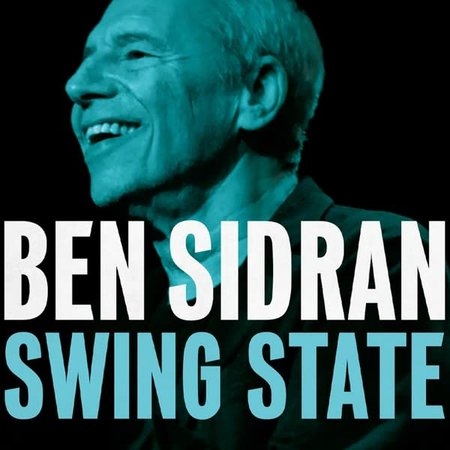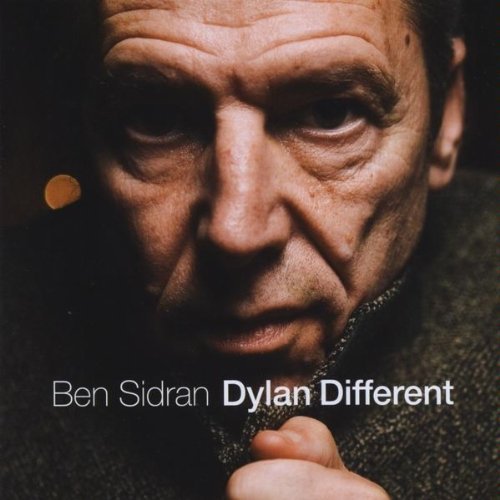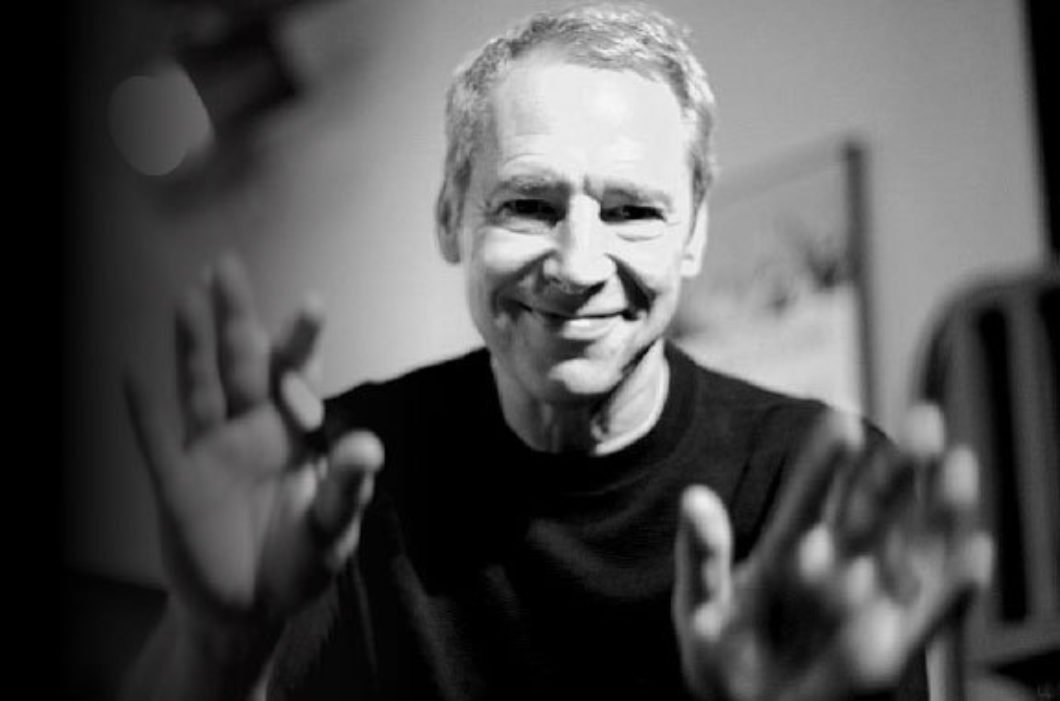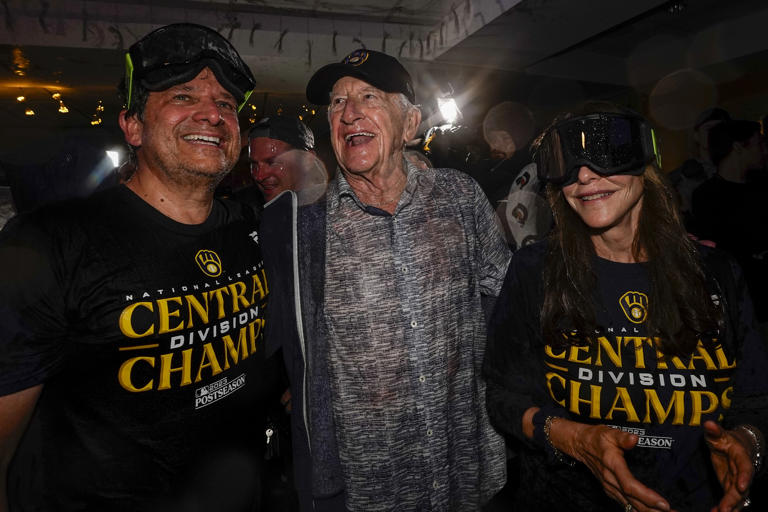
89-year-old Milwaukee Brewer radio announcer Bob Uecker (center) celebrates the Brewers 2023 Central Division Championship Tuesday with Brewers owner Mark Anastasio and is wife Debbie. Courtesy Milwaukee Brewers.
Go ahead, call me a big bowl of slightly overripe Irish sap bubbling over on the stove. Or, Wisconsin maple sap, doing same, a drippy, sticky mess, while the cook is off chasing away hungry racoons brash enough to walk in the slightly-ajar front cabin door.
Now ask me if I care. What readers of this blog might have inferred by now is that, as a culture commentator, I rank local team sports as important as any “high, middle or low-brow” art, in terms of community impact, of reknitting and reinforcing the precious weave of community fabric, which in modern times seems to be torn asunder at the local and national levels.
Yep, nothing brings all corners of a community — call it Wisconsin and the extended Brewer fandom — together, politics and racial biases aside, more than team sports that represent the city. So, we have our Brewers, our Bucks and our state has our Packers. I just was prompted to recall to a good friend the first time I was brought to tears as a young sports fan, was at a Packer game with my father, at Milwaukee’s County Stadium in about 1959 versus Johnny Unitas, a sports–transforming quarterback — and the mighty Baltimore Colts.
Now, which aspects of culture might have a more lasting, profound or transformative impact might be another discussion, yet even removing sports from that discussion is an elitist fool’s errand.
Now, my main point might help to explain my blog subtitle: “Exploring our common and uncommon culture.”
OK, explanatory throat-clearing out of the way (yahhh-hem!…Gee, this column is getting, um, sticky), Here’s my sap-drenched point. I just overheard a radio sports talk show host (on 97.3 F.M. The Game) pose the rhetorical question: What it would mean to Bob Uecker, for the Brewers to win it all, now that they are Central Division Champions once again. The question hit me squarely in the gut because I hadn’t considered it until now. Have you?
As the announcer intimated Uecker may be retiring, that is, becoming yet another bronze statue, the ultimate one, before our very ears. and will, in spirit, join the two (count ’em) commemorative statues of him at Miller Park (er, Am-Fam Field). Even Aaron, Yount, Molitor and Selig only have single statues there.
The man is 89 years old and still the foghorn, no, the clarion bugle, of Milwaukee sports. Listen to this, a medley of his more unforgettable home run calls: https://www.bing.com/videos/riverview/relatedvideo?q=bob+eucker+calls+a+home+run&mid=A3BFA25D04945CF49F17A3BFA25D04945CF49F17
One of his last HR calls is his description of Martin Maldonado’s walk-off blast to win a 17-inning game –by a career back-up catcher like Uecker, who caught all 17 innings (Maldonado is still playing for the Houston Astros.) Listen to these clips and look down to check for goosebumps. If none, check your pulse. For your sappy blogger, my sight is blurred by my tear ducts. Does any baseball announcer have a more powerful home run call?
I’ve never even seen Uecker in person, which I’m a bit surprised by, as an aging Milwaukee native, though I spent 20 years working in Madison. Yet, I feel like he’s a very special uncle, my only-surviving “relative” of “The Greatest Generation.”
These thrilling clips segue to an introduction to “the great Bob Uecker” by David Letterman, with a delightful Uecker impersonation and anecdote by Saturday Night Live alum Norm MacDonald.
If you dig further on You Tube, you should find some of Uecker’s many funny visits on The Tonight Show, with Johnny Carson, always introducing him as, “Would you welcome, Mister Baseball, Bob Uecker!”
This is getting down to the nub of my point. If Johnny Carson helped establish Uecker’s identity as the premier ambassador for the sport entwined with Milwaukee’s national identity as “Mister Baseball,” nobody comes close to Bob Uecker’s significance.
And if so, how do we zoom in on the implications of that identity? Given that is a strong, if arguable case for “Mister Baseball,” who more than Bob Uecker would most appropriately signify “Mister Milwaukee Brewer”? Perhaps the first former player who comes to mind as competition is Robin Yount, arguably the greatest historic Brewer, he of the 3,000-plus hits, league MVP at two different positions, etc. Yount is very much “in the ballpark,” or even comes close, but at best he’s still “just a bit outside,” as Uecker might say.
Bob’s a Milwaukee native and so Milwaukee that it’s still hard for me to type his slightly odd ethnic name correctly, I always want to type “Eu…”
In terms of visibility, wide renown and popularity, Uecker is the voice, the personality, the heart and ambassador of the Brewers, and by extension the city of Milwaukee. It’s also in his still-potent sense of humor, dry as a Wisconsin martini and always ready to float to the top during a slow spot in a game, like a buoyant Door County cherry.
A favorite Uecker line: The way to catch a knuckleball is to wait until it stops rolling and then pick it up.
Even consider him at his corniest, in his current, effortlessly gemietlekiet-soaked commercials, as the infallible blindfolded nose tester for the best Milwaukee sausage: “AHHHH Usinger’s!” (though I’d still argue for Klement’s!) Even the youngest Brewer fans know the white-haired nose for those.

Uecker doing Usinger’s commercial. facebook.com
In other words, it has been all too easy for many of us to take him for granted over the 50 years as the voice of his team, our team. Let that sink in: fifty years as the voice of the Brewers.
He might feel a bit like Sisyphus, pushing that big baseball boulder up the hill every season, the boulder that signifies the smallest market in Major Leagues, for 50 years of working, and waiting, for a championship!
No, make that 53 years, (having started with the Brewers in 1971). So, damn, he’s really pushing it. Time for him to slow down? He sounds as vital and sharp as ever, it seems.
Here he is more recently calling back-to-back game-winning homers by Christian Yelich and Ryan Braun: https://www.bing.com/videos/riverview/relatedvideo?q=bob+eucker+calls+a+home+run&mid=A3BFA25D04945CF49F17A3BFA25D04945CF49F17
In one of the vintage home run calls above, he perhaps unconsciously invokes the renowned exclamation of his radio predecessor, Earl Gillespie, voice of the Milwaukee Braves, when he yells out at one point, “HOLY COW!” sensing instinctively how much that’s a quintessential Wisconsin rubric.
So, imagine what a first-ever Brewers World Championship — with Uecker calling the final out, and perhaps the crucial hit or home run, would mean to Uecker — as he possibly contemplates, or chooses, to finally ride off into the sunset? By extension, what would it mean to the city that is his?
At 89, “Ueck” still can embody the essence of the game’s timelessly boyish, pastoral playfulness (with a hint of its sublimated corn-field mysticism: “Build it, and they will come.”) and, in the next breath — as a Brewer suddenly smashes a rocket shot — can capture the drama and visual majesty of an epic, game-winning home run.
***
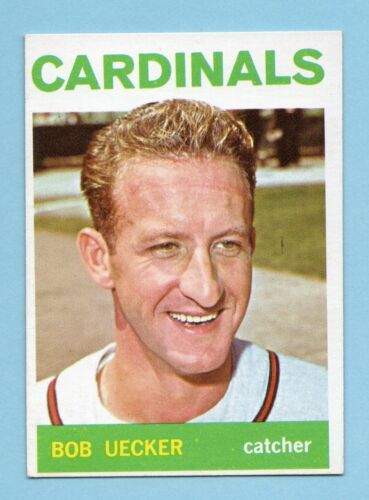
Bob Uecker baseball card from 1964. He’s with the Cardinals in this card but he’s wearing a Milwaukee Braves uniform after being recently traded to the Cards by the Braves. e-bay.
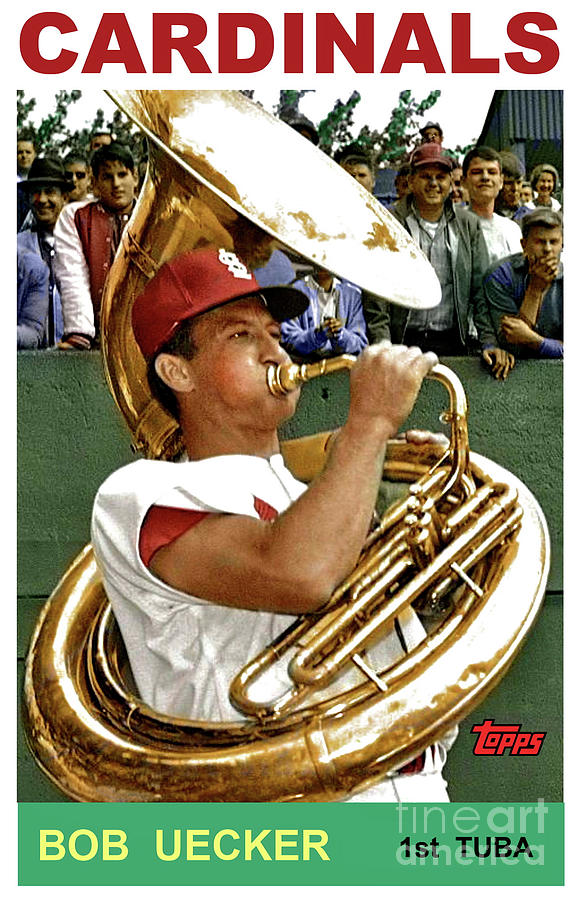
Leave it to Uecker to be apparently the first baseball player to pose playing a tuba for his Topps baseball card. pixels.com
As a backup catcher, he played for the Milwaukee Braves, St. Louis Cardinals, Philadelphia Phillies, and Atlanta Braves from 1962 to 1967. His career batting average was an even .200, the generous essence of mediocrity back then, even if a fair amount of current Major Leaguers now hit below that today and still have jobs.
WIKI reports: “After retiring, Uecker started a broadcasting career, (he) became known for his self-deprecating wit, and became a regular fixture on late night talk shows in the 1970s and 1980s, facetiously dubbed “Mr. Baseball” by TV talk show host Johnny Carson. He hosted several sports blooper shows, and had an acting career that included his role as George Owens on the TV show Mr. Belvedere and as play-by-play announcer Harry Doyle in the film Major League and its two sequels.[1] “
More from WIKI: Wisconsin Governor Tony Evers declared September 25, 2021, as Bob Uecker Day in honor of his 50th year broadcasting Brewers games.[25] Uecker threw out the first pitch in the game against the New York Mets. But instead of throwing the ball to the catcher, he unveiled a pitching machine and used that. Before the game, leftfielder Christian Yelich presented a gift on behalf of the players, a pair of custom Nike sneakers with “Air Uecker” and “Get Up, Get Up” on one foot and “One Of Us” and “Just a Bit Outside” on the other.[26]
What of that “facetious” Mister Baseball moniker? Stick around long enough and the joke pretty much wears off, and you’re left with the dregs of titters, like random splatters of brat mustard, adorning a life-size statue sitting in a stadium seat, amid the distinctly pungent aroma of spilled Miller Lite.
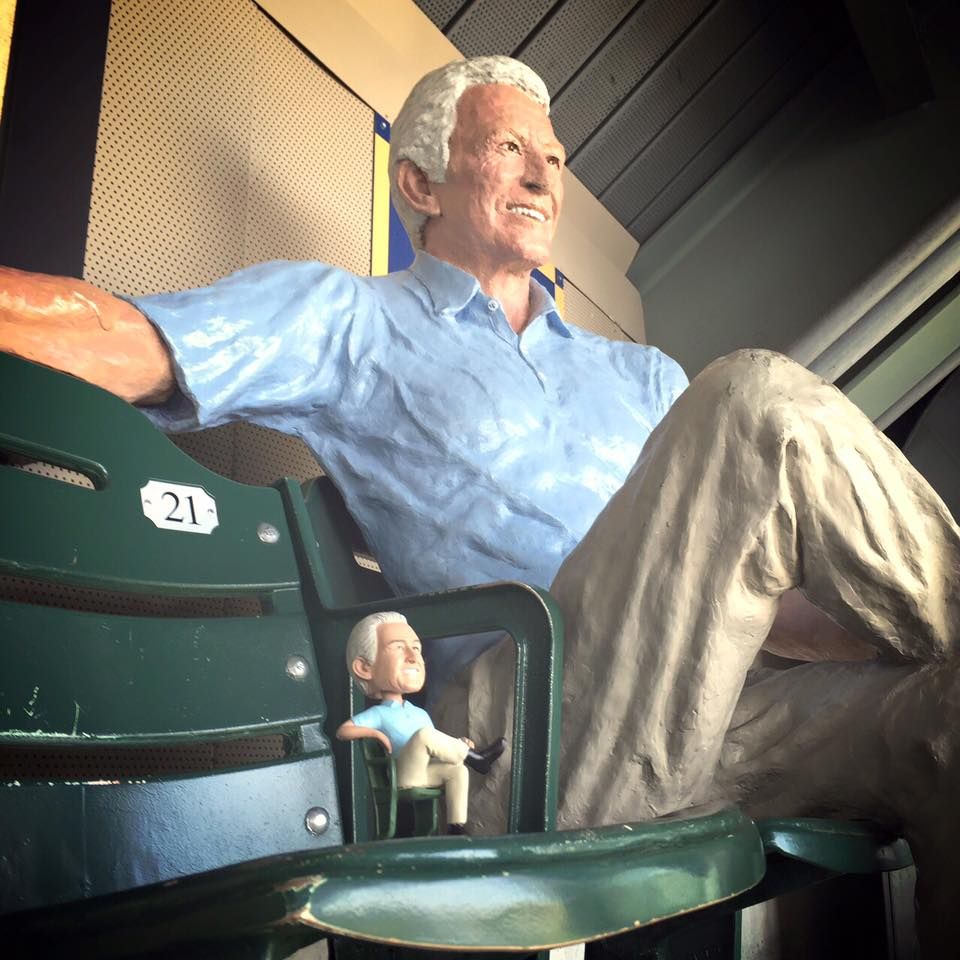
Bob Uecker statue in an Am-Fam Field seat, with a
“mini-me” of himself, actually a Uecker bobblehead doll. Pinterest.com
_____________


 Ben Sidran. All photos via BenSidran/bensidran.com, unless otherwise credited.
Ben Sidran. All photos via BenSidran/bensidran.com, unless otherwise credited.
